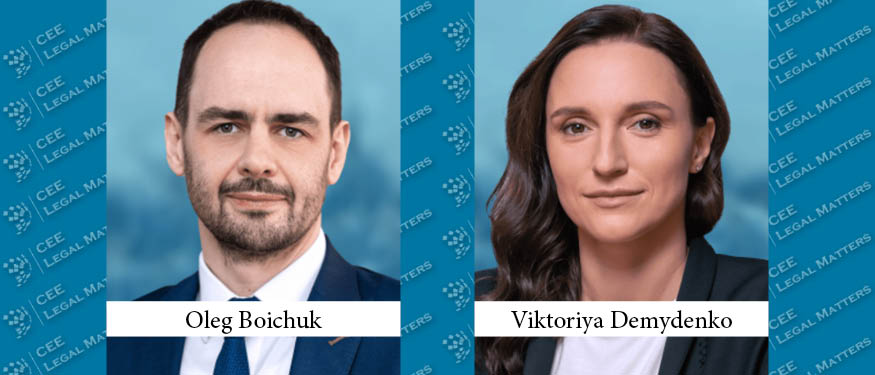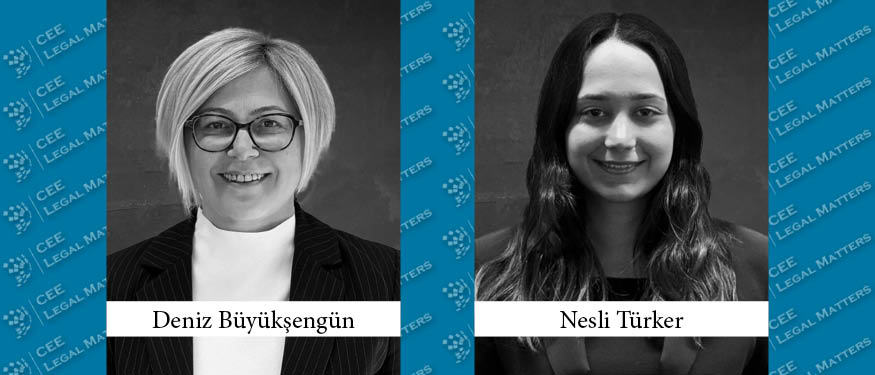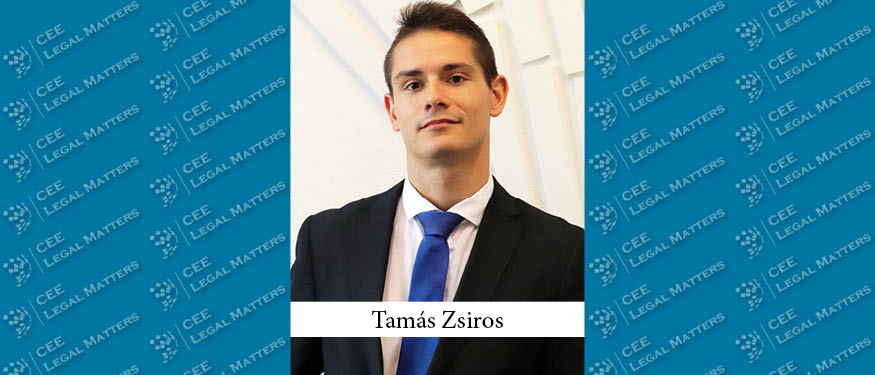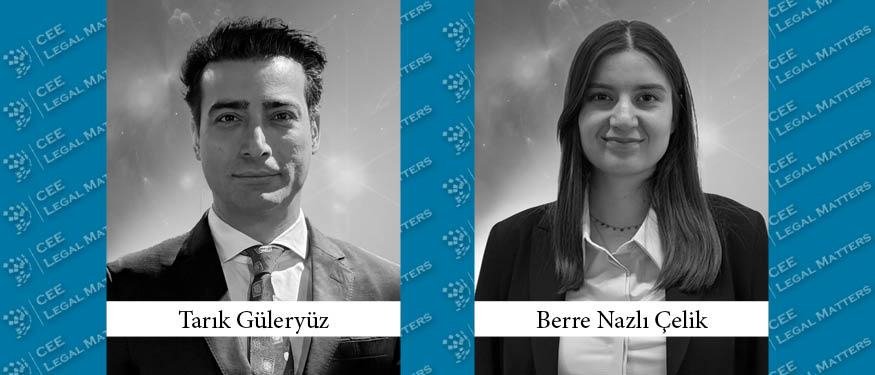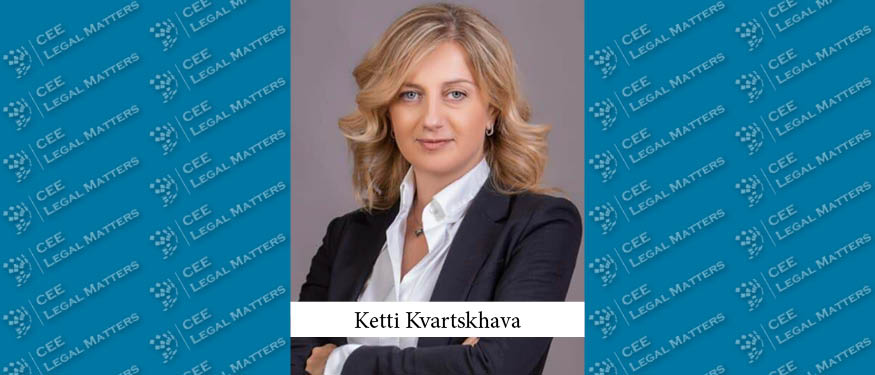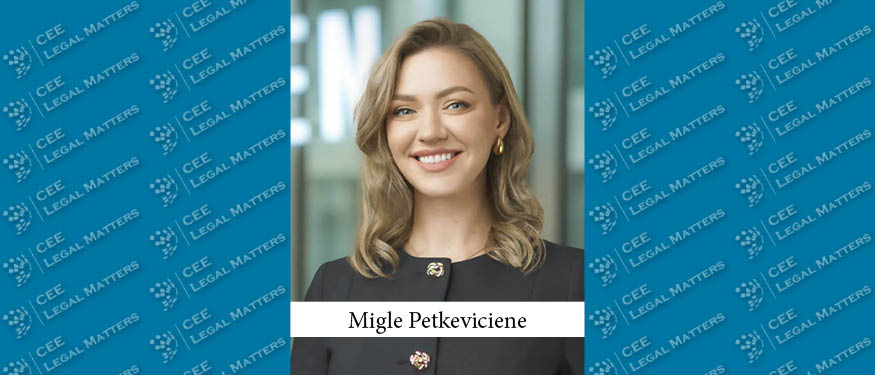On 7 April 2025, Mr. János Lázár, Hungary’s Minister of Construction and Transport announced via social media his intention to introduce a major legislative initiative designed to overhaul the oversight of public investments.
Hungary Finalizes Key Cybersecurity Supervisory Rules under NIS2 Framework
On 17 April 2025, the President of the Hungarian Supervisory Authority for Regulated Activities (SZTFH) issued Decree 3/2025. (IV. 17.), setting out detailed provisions on cybersecurity supervision, the conduct of regulatory inspections, and the role of the information security supervisor.
Croatia Implements EU Digital Services Act
On 17 April 2025, the Law on the Implementation of Regulation (EU) 2022/2065 on the Single Market for Digital Services (the Digital Services Act or "DSA") (the "Law") entered into force in Croatia. The Law marks a significant step in harmonising the national legislation with the EU's regulatory framework for digital services.
The Government Has Decided on Changes to Facilitate the Use of Cash
In March 2025, the Hungarian Government decided to significantly strengthen Hungarian citizens’ right to use cash. In this context, the Fundamental Law has been amended, so that the possibility to pay in cash will become a fundamental right. According to the explanatory memorandum, this is necessary to avoid the economy becoming completely vulnerable to electronic financial systems.
Amendments to Legislation on Protection of Rights of Bona Fide Purchasers
On 9 April 2025, Law of Ukraine № 4292-IX "On Amendments to the Civil Code of Ukraine on Strengthening the Protection of Rights of Bona Fide Purchaser" (Law No. 4292-IX) came into force. A bona fide purchaser is a person who acquired property under а repayment contract from another person who had no right to alienate it, provided that the purchaser did not know and could not have known about this.
1 July 2025: A Key Deadline for Crypto Asset Service Providers in Hungary
The regulatory landscape for crypto assets is undergoing significant changes, driven by the European Union’s Markets in Crypto-Assets Regulation (MiCA) (Regulation 2023/1114).
Ineffective Judgment in Turkish Law and Its Differences from Apparent Judgment
The ultimate aim of judicial proceedings is to resolve disputes substantively and eliminate legal uncertainty between the parties. The most critical phase of this process is the “judgment”, which constitutes the final decision rendered by the courts. However, although a judgment is a decision that concludes the trial, in some cases, it may not produce legal effects, meaning it is considered “ineffective”.
Will the Hungarian ESG Act Be Amended Once Again?
The Hungarian Ministry of National Economy published a bill to amend the ESG Act on 21 March 2025, simultaneously launching a public debate on the proposal. According to the official justification, the amendment aims to optimise the ESG reporting framework for sustainability aspects of Hungarian enterprises, to further strengthen the competitiveness of enterprises and to reduce the reporting and administrative burden on enterprises.
Hungary’s New Non-Performing Loans Rules: What Market Players Need to Know
In recent years, the European Union has paid special attention to the management of non-performing loans (NPLs), as these loans significantly impact the economic and financial stability of member states. As part of this effort, (EU) Directive 2021/2167 was introduced, which member states were originally required to implement into national law by 29 December 2023. However, in Hungary, the draft law aimed at implementing the directive was only presented to Parliament in March 2025.
Flexible Amendment to the Labor Code is Here. What Will It Bring?
The Chamber of Deputies has approved an amendment to the Labour Code, which should increase flexibility in employment relations. Unless something unexpected happens, most of the amendment will become
Ukraine: Enhancing the Protection of Bona Fide Owners' Rights
On 9 April 2025, Law of Ukraine No. 4292-IX On Amendments to the Civil Code of Ukraine on Enhancing the Protection of Bona Fide Owner's Rights (the "Law") came into force. The Law aims to enhance the protection of bona fide owners' rights by establishing a time limit for the reclamation of real estate of such bona fide owners and providing compensation to them for such reclamation.
Romania: Debts of Up to EUR 10,000 Now Easier To Collect
Good news for companies seeking to collect debts from Romanian business partners: the Romanian Parliament has recently passed a draft law amending the threshold value for the country's small claims procedure.
New Bylaws in the Field of Occupational Safety and Health
On 17 January 2025, the Ministry of Labor, Employment, Veteran and Social Affairs of the Republic of Serbia rendered two new rulebooks in the field of occupational safety and health, the implementation of which begins on 28 April 2025, as follows:
Correction & Additional Decision in ICC Arbitration Law
The final and binding nature of arbitral awards provides legal predictability to the parties while also allowing for the possibility of material errors or omissions in the arbitral decisions.
Energy Security and Investment Opportunities in Czech Gas-Fired Power
The Czech Chamber of Deputies is discussing a key legislative proposal, known as "Lex Plyn" (Gas Act), aimed at ensuring energy stability during the coal energy phase-out. Set to take effect in August 2025, the proposal streamlines administrative processes to attract investment in gas-fired power plants while safeguarding energy security.
Tax Audit of Dividend Claims Placed in a Trust
On 11 March 2025, the Ministry of National Economy and the National Tax and Customs Administration of Hungary published an opinion regarding the taxation of assigning dividend claims into a trust structure.
Litigation in Ukraine
Contributed by Kinstellar.
Litigation in Turkiye
Contributed by Balcioglu Selcuk Eymirlioglu Ardiyok Keki Attorney Partnership.





